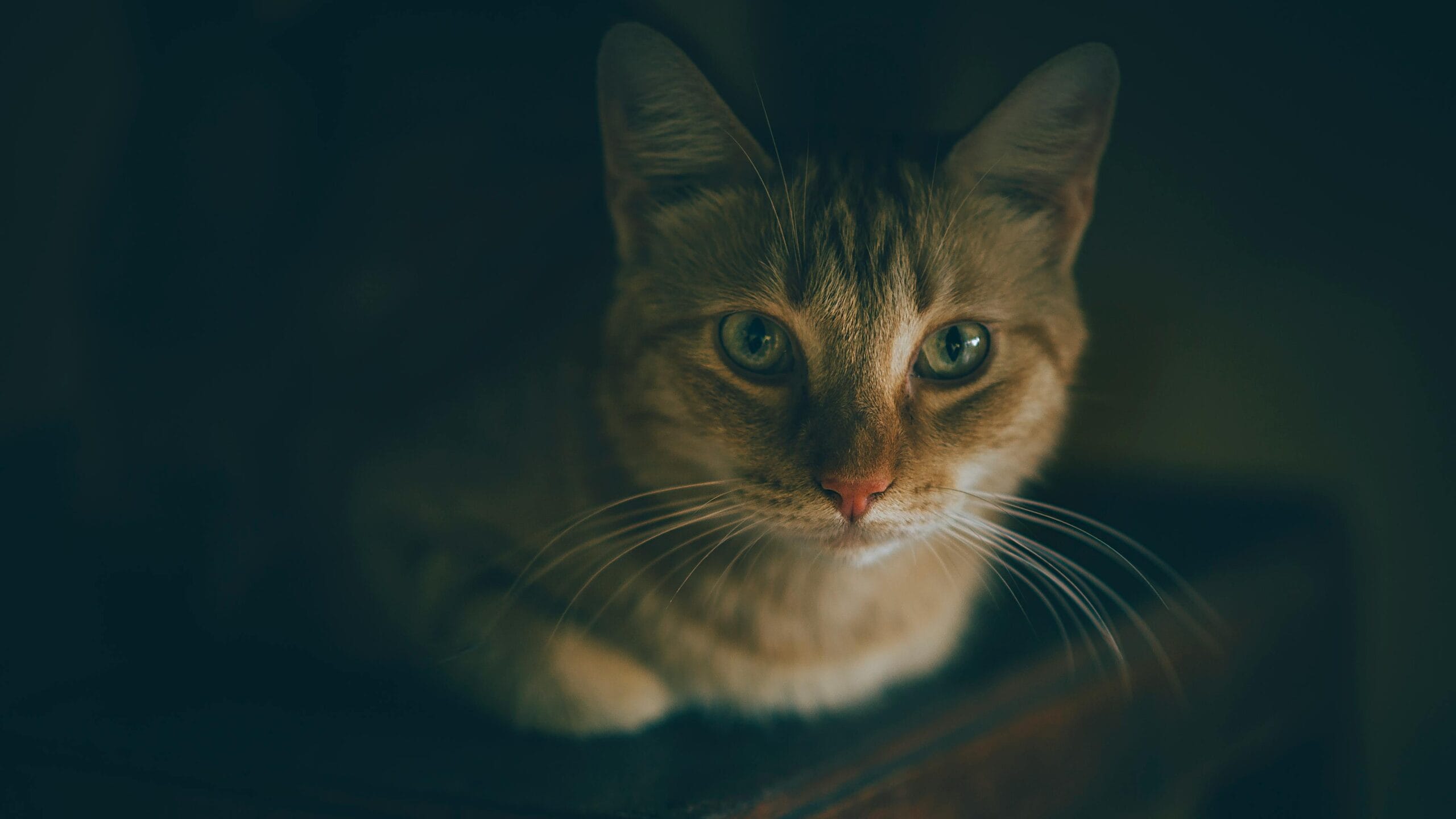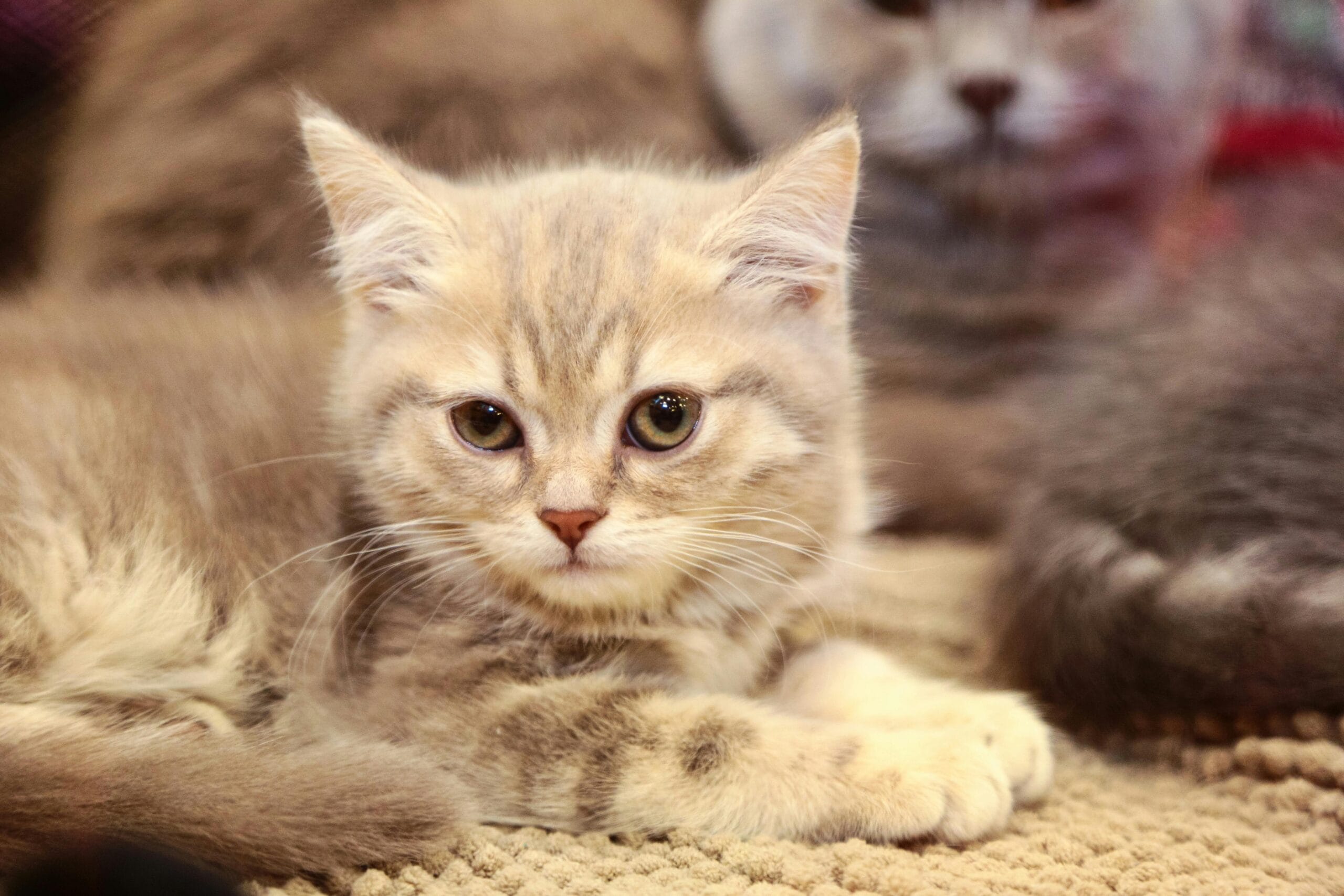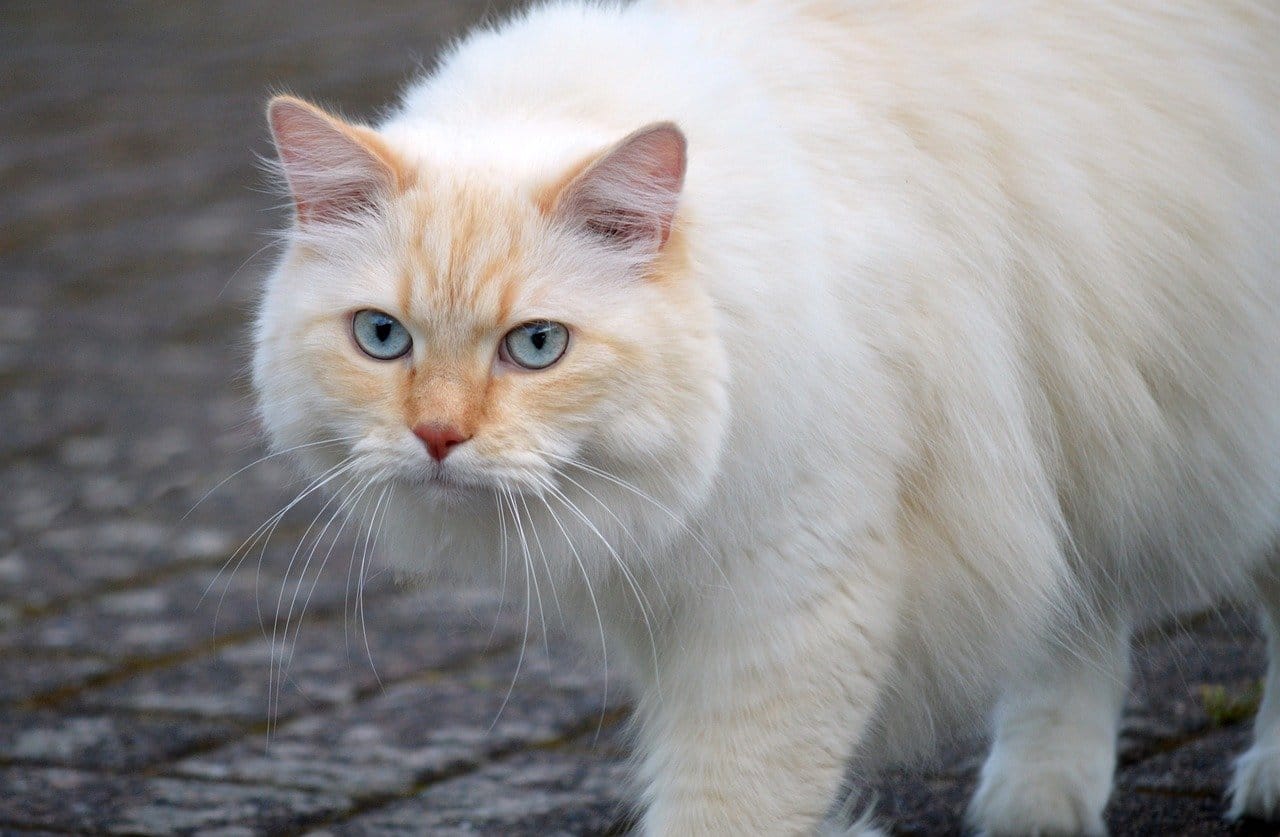Do Male Cats Eat Kittens ?

Do Male Cats Eat Kittens? Understand Male Cat Infanticide & the heartbreaking reality of cat killing kittens. Learn the shocking truth & protect your feline family. Discover insightful answers now!
Do Male Cats Eat Kittens? Understanding Male Cat Infanticide
The question, “Do male cats eat kittens?” is a disturbing one, sparking concern and curiosity among cat owners and animal enthusiasts alike. While it’s not a common occurrence, male cat infanticide, or the killing of kittens by male cats, is a documented phenomenon. This comprehensive article delves into the reasons behind this behavior, examining the complex interplay of instinct, genetics, and environment. We’ll explore the circumstances that might lead a male cat to harm kittens, and what you can do to mitigate the risks. Understanding male cat infanticide is crucial for responsible cat ownership and the overall well-being of feline families.
Why Do Male Cats Kill Kittens? The Science of Cat Killing Kittens
The act of a male cat killing its own kittens, or those of another cat, isn’t simply malicious. It’s rooted in complex biological and evolutionary factors. Several key reasons contribute to male cat infanticide:
Eliminating Competition
One primary driver is the elimination of competition for resources. A male cat might kill kittens that aren’t his own to reduce the strain on food and the mother’s attention. By eliminating the competition, he increases the chances of the mother cat going into heat sooner and potentially producing offspring with his genes. This instinct is particularly strong in feral or unneutered male cats living in harsh environments where resources are scarce.
Ensuring Genetic Success
Another crucial aspect of cat killing kittens behavior is the drive for genetic propagation. If a male cat is introduced to a female cat after she’s already pregnant with another cat’s kittens, he may kill the kittens to ensure that the female is receptive to mating with him and produce his own offspring. This increases his chances of passing on his genes. The biological imperative is strong; it’s a survival mechanism at a genetic level.
Stress and Unfamiliarity
It’s important to note that not all instances of male cat infanticide are driven solely by instinct. Stress and unfamiliarity can play a significant role. A male cat introduced to a new environment with kittens or a mother cat he doesn’t recognize might display aggressive behavior, potentially resulting in the killing of kittens. This underlines the importance of slow, controlled introductions when integrating new cats into an existing household.
Hormonal Influences
The role of hormones in male cat aggression cannot be overlooked. High testosterone levels can heighten aggression and territoriality, potentially leading to violent actions towards kittens. Neutering significantly reduces testosterone levels, thus lessening the likelihood of aggressive behavior, including male cat infanticide. The decision to neuter a male cat, especially one living alongside other cats, is a crucial factor in preventing such incidents.
Understanding the Prevalence of Do Male Cats Eat Kittens?
While the question “Do male cats eat kittens?” is unsettling, it’s crucial to understand the rarity of this behavior in domestic cats. The vast majority of domestic male cats living in stable, well-cared-for environments do not engage in infanticide. The instances where it does occur are often linked to one of the factors discussed above – stress, resource competition, or a lack of familiarity.
However, in feral cat colonies, where survival is a constant struggle, the incidence of male cat infanticide can be higher. The intense competition for resources and the less stable social structures make these environments far riskier for kittens.
Preventing Male Cat Infanticide: Practical Steps for Cat Owners
Preventing male cat infanticide requires proactive measures focused on minimizing stress and establishing a safe and secure environment for both the mother cat and her kittens. Here are some key strategies:
Neutering Male Cats
The single most effective way to reduce the risk of male cat infanticide is to neuter male cats. Neutering significantly reduces testosterone levels, thereby lessening aggressive tendencies. This is particularly crucial if you have multiple cats living together, or if you introduce a new male cat into a household with kittens. Learn more about responsible cat ownership and the benefits of neutering from the ASPCA.
Slow and Controlled Introductions
When introducing a new male cat to a household with kittens, proceed cautiously. Allow for gradual introductions, supervised interactions, and plenty of space for the cats to retreat when needed. This helps to reduce stress and territoriality, minimizing the risk of aggressive encounters.
Providing Ample Resources
Ensure that all cats have access to sufficient food, water, litter boxes, and resting areas. Competition over resources is a major contributor to male cat infanticide, so eliminating resource scarcity can substantially reduce the risk. The more comfortable the cats are, the less likely they will be to engage in aggressive behavior.
Creating a Safe Space for the Mother Cat and Kittens
Provide a quiet, secure space for the mother cat and her kittens to retreat to, away from other cats. A safe haven reduces stress and allows the mother to feel protected, which is vital in minimizing the likelihood of conflict.
Monitoring Behavior
Regularly monitor the interactions between cats, especially if you have introduced a new male cat. Look for signs of aggression or tension and intervene promptly if necessary. Early intervention can often prevent escalation.
The Role of Environment in Do Male Cats Eat Kittens?
The environment plays a crucial role in influencing feline behavior. Overcrowded conditions, lack of resources, and unpredictable surroundings can increase stress levels and trigger aggressive responses. Understanding the environmental factors that can contribute to male cat infanticide is vital for providing a secure and nurturing environment for cats.
Moreover, feral or stray cat colonies are often characterized by intense competition for resources. This heightened competition can lead to a greater prevalence of cat killing kittens behavior compared to domestic cats living in safe and stable environments. The struggle for survival drives the aggressive behavior seen in some feral cat populations.
Dispelling Myths About Do Male Cats Eat Kittens?
Many misconceptions surround the behavior of cats, particularly regarding male cat infanticide. One common misconception is that all male cats are inherently likely to kill kittens. This is untrue. As mentioned earlier, neutering significantly reduces the likelihood of infanticide, and responsible cat ownership plays a significant role in preventing it.
Another myth is that this behavior is solely a result of malice or cruelty. While it may seem cruel from a human perspective, it’s rooted in ingrained survival instincts and genetic pressures. It’s a complex behavior driven by biological imperatives, not deliberate cruelty.
Conclusion: Understanding and Preventing Male Cat Infanticide
The question, “Do male cats eat kittens?” highlights the complex and often misunderstood behaviors of felines. While male cat infanticide is not a common occurrence in domestic cats, understanding the factors that contribute to it – including stress, resource competition, and hormonal influences – is crucial for preventing it. Through responsible ownership, including neutering, careful introductions, and providing ample resources, we can create a safe environment for all cats, minimizing the risk of this tragic behavior. The information provided here should help you better understand Cat Killing Kittens.
For further reading on feline behavior and responsible cat ownership, you might find valuable information on the website of the Vets Now. Their articles are created by veterinary professionals.
Remember, understanding the underlying causes of Do Male Cats Eat Kittens behavior is vital for responsible cat ownership. By implementing the prevention strategies outlined above, you can contribute to creating a safe and harmonious environment for both mother cats and their kittens.
Share Your Experiences!
Have you ever encountered a situation involving male cat infanticide or witnessed instances of Do Male Cats Eat Kittens? Share your experiences, knowledge, and insights in the comments below! Your input can help educate others and raise awareness about this important topic.

10 FAQs: Do Male Cats Eat Kittens?
Here are 10 frequently asked questions about male cats eating kittens, with detailed answers:
1. Q: Do male cats eat their own kittens?
A: While uncommon in domestic cats, Male Cat Infanticide does occur. Unrelated males are more likely to kill kittens than the father cat. This isn’t necessarily about eating them; killing is more common, though cannibalism can happen afterward, especially if food is scarce.
2. Q: Why would a male cat kill kittens?
A: The primary reason is instinctual. A male cat may kill kittens to bring the female cat back into heat, allowing him to father his own offspring. This is more prevalent in feral or stray populations. Stress and competition for resources can also contribute to Cat Killing Kittens.
3. Q: Do only unrelated male cats kill kittens?
A: No. While less common, a father cat can kill his own kittens, particularly if he’s stressed, feels threatened, or if the mother cat doesn’t adequately protect them.
4. Q: Is it true that male cats eat kittens to survive?
A: While cannibalism can happen, it’s not the primary motive. Do Male Cats Eat Kittens primarily to eliminate competition and increase their reproductive chances. Hunger might be a secondary factor if food is incredibly scarce.
5. Q: How can I prevent a male cat from killing kittens?
A: Keep male cats separate from pregnant queens and their kittens, especially if the male is unrelated. Spaying/neutering drastically reduces the likelihood of Male Cat Infanticide. Provide ample food and resources to reduce stress.
6. Q: Is it normal for a male cat to show aggression towards kittens?
A: Aggression toward kittens is not normal behavior in domestic cats, especially if it leads to injury or killing. It’s a sign of serious underlying issues and requires intervention.
7. Q: What are the signs that a male cat might harm kittens?
A: Signs include hissing, growling, swatting, stalking, and ultimately, attacking the kittens. Observe the male cat’s behavior carefully near the queen and kittens.
8. Q: My male cat seems protective of his kittens, is this unusual?
A: While rare, some male cats can be protective of their offspring. This is less common than aggression but suggests a strong paternal bond, which thankfully negates the risk of Do Male Cats Eat Kittens in that specific instance.
9. Q: What should I do if I witness a male cat attacking kittens?
A: Immediately intervene to protect the kittens. Separate the male cat and provide a safe, secure space for the mother and kittens. Consult a veterinarian or animal behaviorist for professional advice.
10. Q: Can spaying/neutering prevent Male Cat Infanticide?
A: Yes, spaying/neutering significantly reduces the likelihood of Cat Killing Kittens and Male Cat Infanticide. Neutering eliminates the hormonal drive for reproduction, reducing the incentive to eliminate competition.

Do Male Cats Eat Kittens? Practical Tips and Health Considerations
The question of whether male cats eat their kittens is a serious one, impacting both feline welfare and responsible pet ownership. While it’s not a common occurrence in domesticated cats, several factors can contribute to this tragic behavior. Understanding these factors allows for preventative measures and responsible kitten care.
Understanding the Behavior
Unlike some wild cat species, male domestic cats generally do not instinctively kill or eat their offspring. However, several circumstances can trigger this behavior:
- Stress and Fear: A stressed or frightened mother cat may abandon her kittens, leaving them vulnerable. A male cat, unfamiliar with the kittens or perceiving them as a threat, may then attack.
- Lack of Maternal Instincts: In rare cases, a mother cat might not display appropriate maternal care, resulting in neglect or aggression towards her kittens. This creates an opportunity for a male cat to potentially harm them.
- Scent Confusion: If the mother cat is unwell or unable to adequately clean her kittens, their scent can be unfamiliar to the male, potentially triggering aggression.
- Unfamiliar Male: The presence of an unfamiliar male cat in the territory can induce territorial aggression.
Practical Tips for Prevention
- Provide a Safe and Secure Environment: Offer a quiet, secluded nesting box for the mother cat and her kittens, away from potential disturbances or other animals.
- Early Introduction: If you intend to keep a male cat near the kittens, introduce him gradually and carefully, allowing the mother cat to control the interaction. Never force interactions.
- Monitor the Mother Cat: Pay close attention to the mother cat’s behavior. Signs of stress, neglect, or aggression should be addressed immediately.
- Veterinary Care: Ensure the mother cat receives appropriate prenatal and postnatal care, including vaccinations and parasite control. A healthy mother is a better mother.
- Proper Nutrition: Provide the mother cat with a balanced, nutritious diet to support her milk production and overall health.
- Separate Male Cats: Keep male cats, especially unfamiliar ones, away from the mother cat and kittens until the kittens are weaned and more independent.
Health Considerations
If kitten mortality is a concern, it’s crucial to consult a veterinarian immediately. The vet can assess the health of the mother cat, evaluate any potential health issues contributing to unusual behavior, and provide guidance on kitten care.
SEO Keywords:
male cat eats kittens, cat eats kittens, male cat killing kittens, preventing cat infanticide, feline infanticide, cat parenting, kitten care, mother cat aggression, cat behavior, cat health
1 thought on “Do Male Cats Eat Kittens ?”